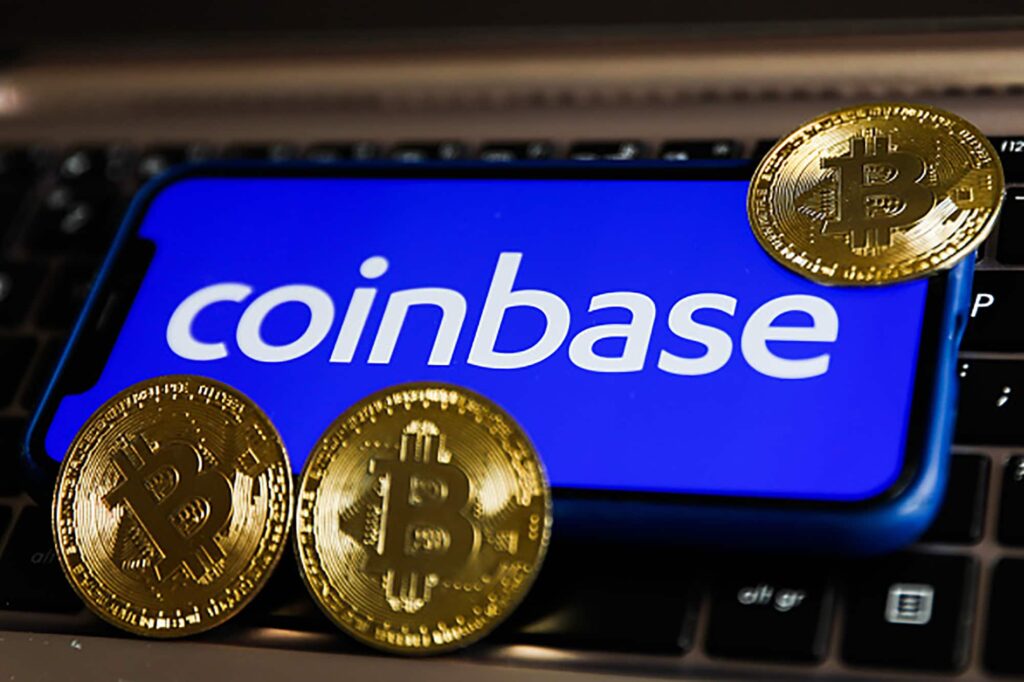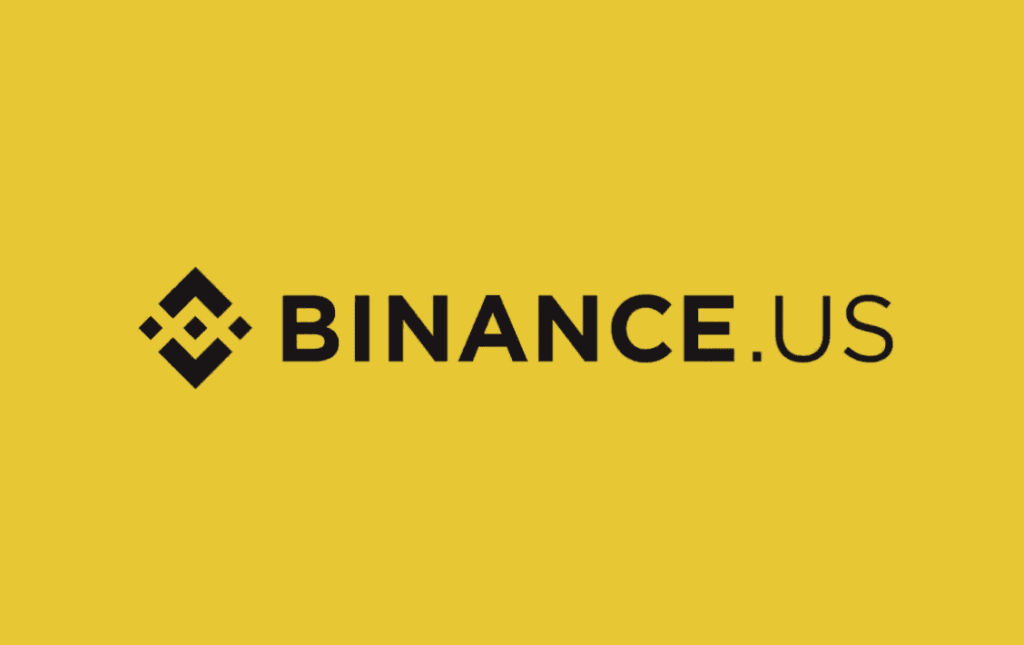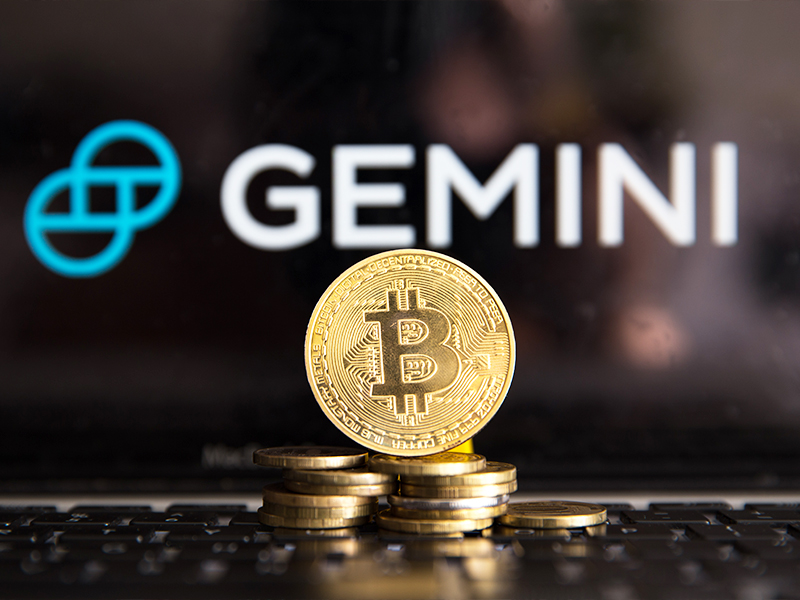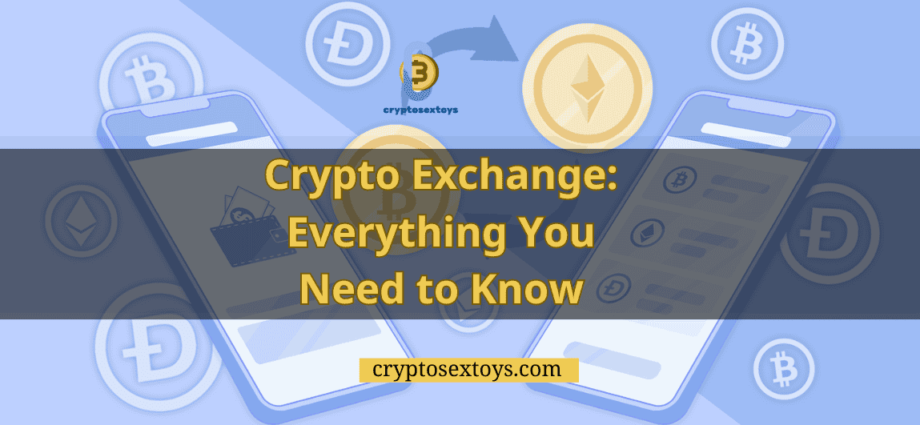Crypto exchange have exploded in popularity in recent years. As cryptocurrencies like Bitcoin and Ethereum surge in value, more people are looking to buy, sell and trade digital assets. But for crypto investing newbies, crypto exchanges can seem complex and confusing. This comprehensive guide will walk you through everything you need to know about crypto exchanges.
What Is a Crypto Exchange?
A cryptocurrency exchange is an online platform that allows you to exchange cryptocurrencies for other digital currencies or traditional fiat currencies like the US dollar. In other words, it’s a marketplace where you can buy and sell cryptocurrency.
Exchanges are important for several reasons:
- They allow you to convert fiat currency into cryptocurrency—and vice versa. For example, you can use USD to buy Bitcoin on an exchange.
- They facilitate trading between different cryptocurrencies. You can trade Bitcoin for Ethereum, for example.
- They set the current market price for cryptocurrencies based on supply and demand.
- They provide storage and wallet services to hold your cryptocurrency assets.
Think of a crypto exchange as similar to a traditional stock exchange, like the NYSE or Nasdaq. But instead of buying and selling stock, you’re buying and selling digital currencies like Bitcoin and Ethereum.
How Do Cryptocurrency Exchanges Work?

Cryptocurrency exchanges work through an order book method. This means there is a digital ledger with buy and sell orders for various coins and tokens.
For example:
- Alice wants to buy 1 BTC with USD
- Bob wants to sell 1 BTC for USD
Their orders get matched, and the exchange facilitates the transaction. Alice receives 1 BTC, and Bob receives the equivalent amount of USD.
Exchanges make money by charging transaction fees on trades. Fees typically range from 0.1% to 0.5% per trade.
Some key things to know about exchange order books:
- Buyers (or “bids”) and sellers (or “asks”) are matched based on the best price available.
- Orders execute almost instantly when matched.
- Prices fluctuate based on supply and demand in the market.
Overall, exchanges provide an essential “matchmaking” service between buyers and sellers of cryptocurrencies globally. This allows the market to discover efficient and fair prices for digital assets.
Are Crypto Exchanges Worth It?
Whether or not crypto exchanges are worth using depends on your specific needs and situation. Here are some of the key pros and cons to consider:
Pros:
- Convenient way to enter the crypto market
- Ability to trade between cryptocurrencies
- Advanced trading options like margin trading
- Secure storage for holdings
- Easier to report taxes with transaction records
Cons:
- Transaction fees on trades can add up
- Exchanges susceptible to security breaches
- Prone to occasional outages during high volatility
- Often need to submit personal info during signup
In general, exchanges offer an easy onramp to crypto trading, especially for newer investors. However, more advanced traders may prefer decentralized exchanges for greater anonymity and lower fees.
It’s a good idea to start slowly on a mainstream exchange to get your feet wet, then consider exploring other options as you gain experience.
Different Types of Crypto Exchanges
There are two primary categories of cryptocurrency exchanges:
Centralized Exchanges

Centralized exchanges are owned and operated by a single company. Some popular examples include Coinbase, Binance, Kraken, and Gemini.
Pros of centralized exchanges:
- Beginner friendly onboarding
- Support many payment methods
- Offer mobile apps
- Have high trade volumes and liquidity
- Insured custody options
Cons:
- Prone to hacking and security issues
- Higher fees than decentralized exchanges
- Limitations on certain coins or tokens
Centralized exchanges are a good fit for newer investors looking for an easy way to buy and sell major cryptocurrencies. However, more privacy-focused traders may prefer decentralized options.
Decentralized Exchanges

Decentralized exchanges (DEXs) operate on blockchain networks directly. This allows for peer-to-peer cryptocurrency trades without a middleman. Some examples include Uniswap, PancakeSwap, dYdX.
Pros of decentralized exchanges:
- Non-custodial (you control private keys)
- Greater privacy – no personal info required
- Access to unique crypto assets
- Low fees compared to centralized
- Resistant to hacking or downtime
Cons:
- Only support crypto-to-crypto trades
- No investor protections or insurance
- Lower liquidity for some trades
- More complex onboarding process
DEXs are ideal for traders who prioritize privacy, security, and autonomy. However, the complexities make them less ideal for crypto investing newcomers.
Global Crypto Exchanges
In addition to the exchange types above, exchanges can be categorized as domestic or global exchanges.
Domestic exchanges only operate within a single country and currency. For example, some exchanges only serve European Union customers.
Global exchanges accept customers worldwide and facilitate trading between multiple fiat currencies like USD, EUR, GBP, etc. This allows for easier trading across geographic regions.
Some of the largest global exchanges include:
- Binance – World’s biggest exchange by trading volume and users. Supports hundreds of coins.
- Coinbase – Popular compliant exchange for U.S. traders with mobile apps.
- FTX – Fast-growing exchange started in 2019 with innovative products.
- Crypto.com – Exchange combined with crypto debit card rewards.
Global exchanges provide the most flexibility for traders worldwide. However, it’s important to ensure any exchange you use complies with applicable laws in your jurisdiction.
Crypto Exchange Fees
Exchanges generate revenue by charging fees for trades and other services. Understanding the fee structure is important for minimizing costs as a trader or investor.
Here are some common fees to be aware of:
Trading Fees
The main fee is the trading commission charged on all buy and sell orders. Trading fees typically range from 0.1% to 0.5% of the order value. Models include:
- Flat fee – A fixed percentage per trade, like 0.25% of the order amount.
- Variable fee – The percentage may vary based on factors like market conditions, currency pair, or monthly trading volume.
- Maker/taker fee – Fees are lower for market “makers” and higher for “takers.”
Withdrawal Fees
Exchanges often charge a fee when withdrawing crypto assets to an external wallet. Withdrawal fees help cover transaction costs.
Deposit Fees
Some exchanges charge fees for depositing fiat currency or cryptocurrency. This covers costs for payment processing.
Account Fees
Other potential account-related fees include inactivity fees if your account is unused for a period of time. Or potential payment fees for transfers or credit card purchases.
Be sure to understand the complete fee schedule before signing up and trading on any exchange. Fees really add up, so choosing a competitively priced exchange is key.
How to Choose a Cryptocurrency Exchange

With hundreds of exchanges to choose from, how do you pick the best one for your needs?
Here are some key factors to evaluate:
Security
Security should be the top priority. Check that the exchange employs robust security measures like cold wallet storage, 2FA/MFA, and SSL encryption. Avoid exchanges with a history of hacks and breaches.
Available Coins
Make sure the exchange supports trading the cryptocurrencies you want. Some exchanges only offer wallets for a handful of major coins like BTC and ETH.
Trading Volume
Higher trading volume indicates greater liquidity. This allows you to buy and sell smoothly without significant slippage or price impacts.
Educational Resources
Pick an exchange that offers guides, videos, articles, and other learning resources. This helps you trade confidently as you build your crypto knowledge.
Accessibility
Choose an exchange available in your geographic region that supports convenient payment methods. This ensures smooth onboarding and funding.
Supported assets
In addition to major coins like Bitcoin and Ethereum, make sure the exchange supports any niche crypto assets you want to trade.
Payment methods
Exchanges should support convenient payment methods for your location like bank transfer, credit/debit cards, PayPal, etc.
By evaluating exchanges across these key factors, you can find the optimal platform to suit your crypto investing or trading needs. Don’t be afraid to start small – you can always expand to other exchanges as you gain experience.
Best Crypto Exchanges
Here are some of the top-rated cryptocurrency exchanges to consider right now in November 2023:
Coinbase
- One of the most popular mainstream exchanges, ideal for beginners
- Supports over 50 major cryptocurrencies
- Available in 100+ countries
- Insured custody options
- Easy to use mobile app

Binance
- World’s largest exchange by trading volume
- Access to hundreds of crypto assets
- Spot trading and derivatives options
- Low trading fees, numerous promotions
- Feature-rich mobile and web platforms

Crypto.com
- Exchange integrated with crypto debit card
- Competitive trading fees plus discounts
- Staking rewards on crypto held
- High insurance coverage on deposits
- Supports both spot and derivatives

Gemini
- Popular regulated exchange based in New York
- Excellent security and compliance
- Beginner resources and mobile apps
- Access to unique auction features
- Support crypto interest accounts

How To Report Cryptocurrency Exchange Scams

Cryptocurrency exchange scams are unfortunately common in the industry. If you encounter an exchange scam, here are some steps you can take:
Gather Evidence
Collect screenshots, emails, receipts or any other form of documentation as evidence of the scam. The more proof you have the better.
Report to Relevant Authorities
File reports about the scam to the proper authorities:
- Securities regulator – If the exchange is based in your country, report them to your securities commission. For example, the SEC in the U.S.
- FBI – File an internet crime report with the FBI’s IC3 division. They investigate cybercrimes.
- Exchange support – If it’s a legitimate exchange, report the fraud to their customer support team.
- Consumer protection – You may be able to file complaints with your local/national consumer protection agency.
Warn Other Traders
Post warnings about the scam on social media forums, review sites, Telegram groups, and anywhere else relevant. This helps prevent other users from being defrauded.
Hire Legal Support
For large losses, it may make sense to have a lawyer draft complaint letters or assist with recovering lost funds. A strongly worded legal letter often prompts more action.
By reporting cryptocurrency exchange scams swiftly, you can help shut them down more quickly and prevent further losses. Just make sure to document everything thoroughly first.
Conclusion – Crypto Exchange
Cryptocurrency exchanges provide a convenient way for traders and investors to buy, sell and exchange digital currencies. They come in different forms like centralized and decentralized exchanges to suit different needs. Pick an established exchange that aligns with your priorities around coins offered, fees, volume, security features, and more.
Exchanges make it easy to enter the world of crypto investing. But be sure to do your due diligence upfront to pick a reliable platform that charges reasonable fees. As the crypto ecosystem matures, exchanges will continue providing the critical onramp to the decentralized web3 economy for retail and institutional traders alike.

